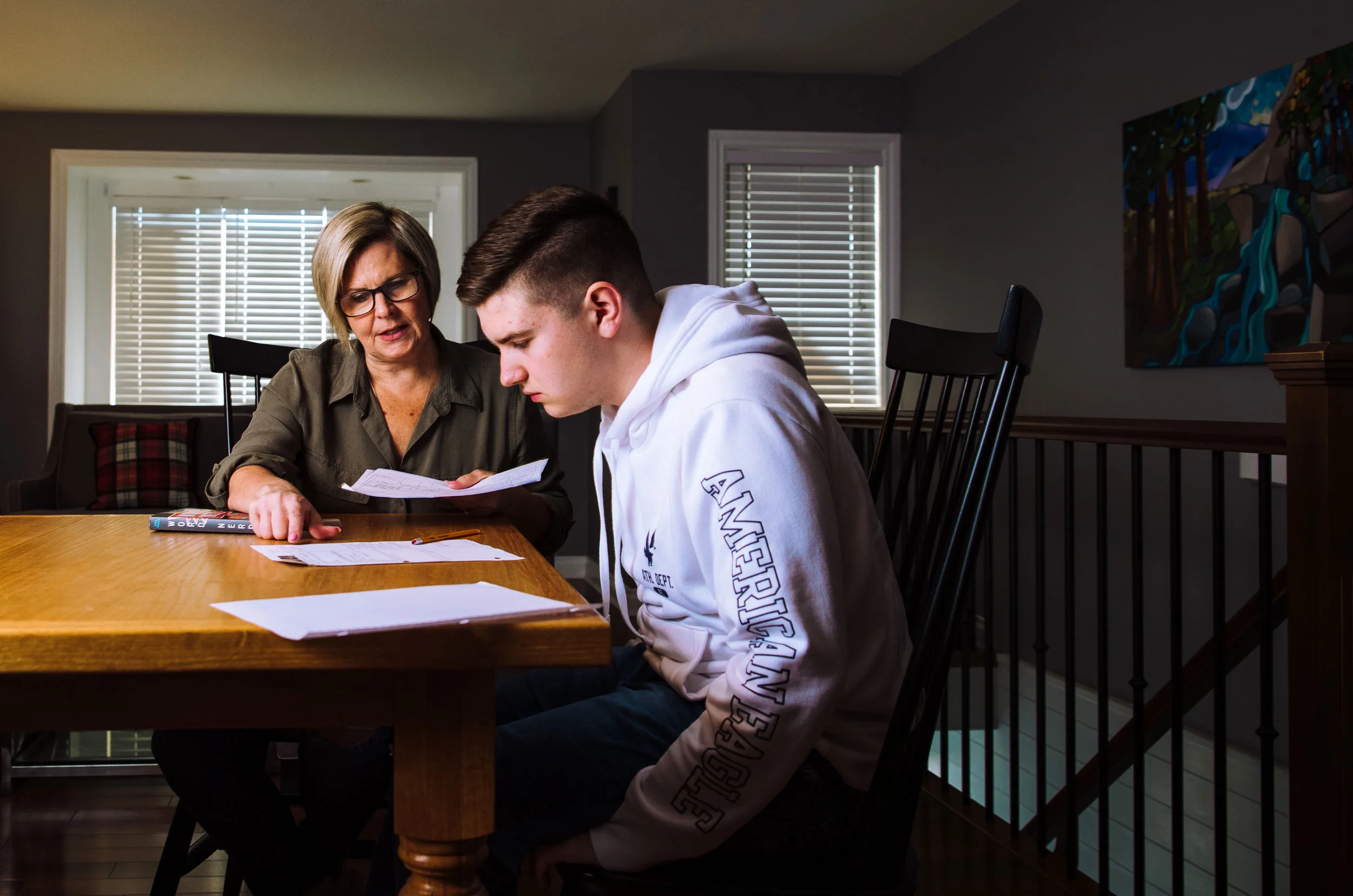“And so the big thing I talk to parents about when I have talked to other parents, is don’t give up. You can’t give up. And we have to have each other.”
– parent participant
National Child Day (November 20th 2022) recognizes Canada’s commitment to the rights of children, as expressed in both the UN Declaration on the Rights of the Child, and the UN Convention on the Rights of the Child. This year, the theme of the day is the right to participate.
Despite having ratified both of these historic documents (in 1959 and 1989, respectively) as well as the UN Declaration on the Rights of Persons with Disabilities (in 2010), many children in Canada – including in BC – do not have the opportunity to exercise their rights. In particular, children in BC whose abilities, health conditions, or behaviors may differ from what is presumed to be ‘typical’ are often left out of opportunities to play and learn with other children in early learning and child care settings.
Researchers from the University of Victoria recently heard directly from parents throughout British Columbia who shared the ways their children are assimilated within, marginalized by, othered by, and outright excluded from child care. Altogether, their stories shed light on the ways ableism is reinforced throughout our society, including the structural conditions in which child care is offered. Parents emphasized the impact this has not only on their ability to work, but also on their mental wellness, on the quality of life for their child, and on almost every aspect of life for their entire family.
Importantly, parents who participated in this study also shared what real inclusion looks like. When parents, Early Childhood Educators, Supported Child Development and Aboriginal Supported Child Development consultants, and others work together in a way that actively resists ableism and centers the inclusion of all children and families in early learning and child care settings, everybody wins.
From these parents, we can take guidance about how to create spaces that are designed by and for all families, how to educate professionals to be inclusive of the real diversity of children in this province, and how to create policies and funding models that are supportive of professionals and families. When working together with a commitment to equity, we can contribute to upholding Canada’s commitment to the rights of all children to participate.
Learn more about this research by visiting the Research Summary: Parents Pushing for Equity and Inclusion in the Child Care System in BC
The research findings fit with the four pillars of the Kids Can’t Wait campaign, demonstrating consistencies with what parents in BC have been saying needs to change and what should guide the actions moving forward:
- Data collection and resources
- Intersectoral collaborations
- Family-centred practice
- Equitable access
Please share this link and report widely– because kids can’t wait for inclusive child care.
“I think that every cent we don’t spend in child care, we spend on something that was preventable if kids got a better start in life.”
– Parent participant


